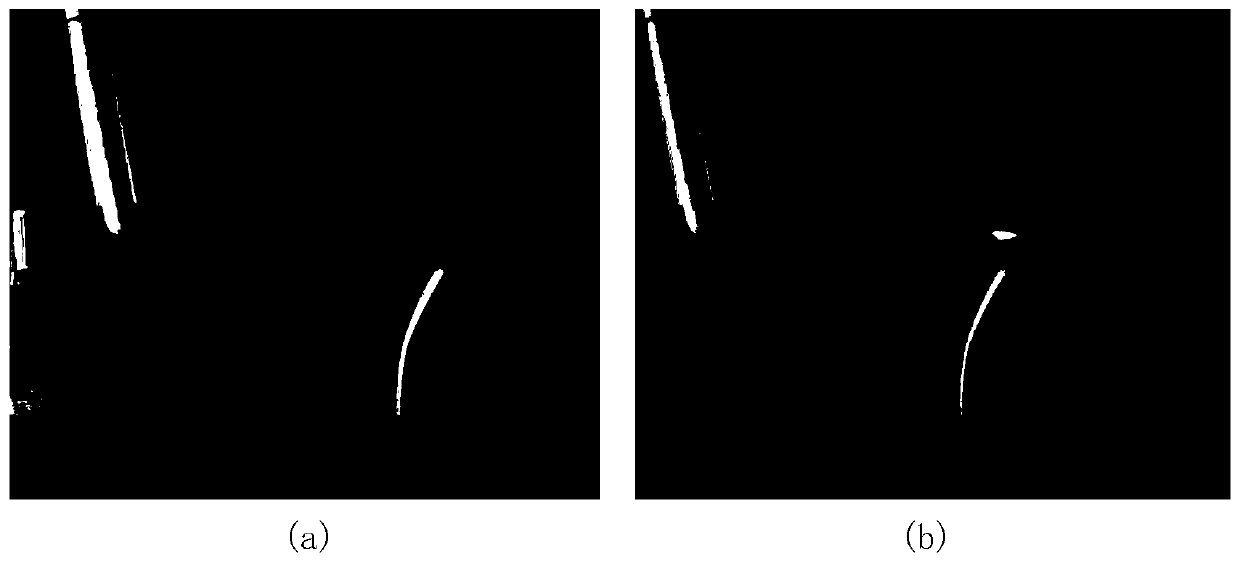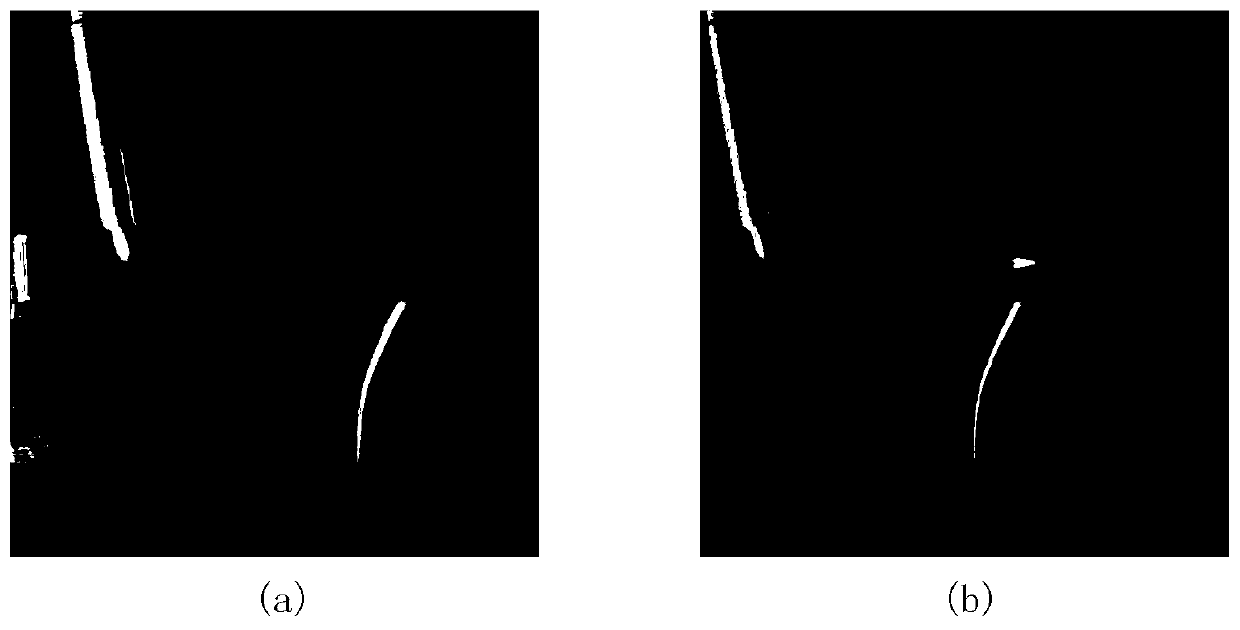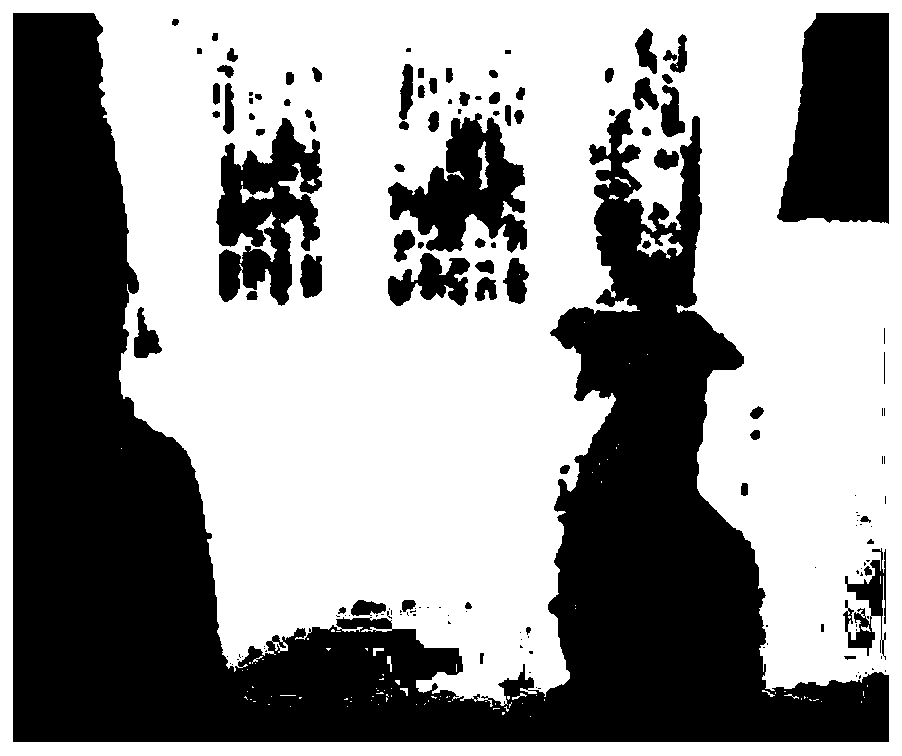A Stereoscopic Image Redirection Method
A stereoscopic image and redirection technology, applied in the fields of stereoscopic vision and image processing, can solve problems such as parallax distortion, discontinuous deformation, and weak structure of preserved objects, and achieve the effect of small parallax distortion and reduced visual distortion
- Summary
- Abstract
- Description
- Claims
- Application Information
AI Technical Summary
Problems solved by technology
Method used
Image
Examples
Embodiment approach
[0030] 1. Establish line selection energy equation
[0031] 1) First calculate the energy equation according to the texture similarity and parallax similarity of pixels:
[0032] E. total (i,j,j ± ) = E intensity (i,j,j ± )+α·E match (i,j),
[0033] Image retargeting based on pixel fusion is to achieve the purpose of image size adjustment by adjusting the size of each pixel. Because the change of a large number of pixels will destroy the spatial consistency of the image, it is necessary to establish a line-based pixel fusion to preserve the spatial consistency. Line-based pixel fusion is to assign the same scaling factor to pixels on the same line, which requires the pixels on the same line to have a high similarity, so as not to cause additional visual distortion. Not only that, in order to reduce the visual distortion of the left and right views at the same time, the corresponding matching lines in the right view should also have a high similarity. Therefore, E inte...
PUM
 Login to View More
Login to View More Abstract
Description
Claims
Application Information
 Login to View More
Login to View More - Generate Ideas
- Intellectual Property
- Life Sciences
- Materials
- Tech Scout
- Unparalleled Data Quality
- Higher Quality Content
- 60% Fewer Hallucinations
Browse by: Latest US Patents, China's latest patents, Technical Efficacy Thesaurus, Application Domain, Technology Topic, Popular Technical Reports.
© 2025 PatSnap. All rights reserved.Legal|Privacy policy|Modern Slavery Act Transparency Statement|Sitemap|About US| Contact US: help@patsnap.com



